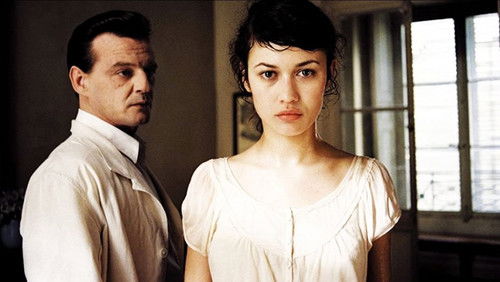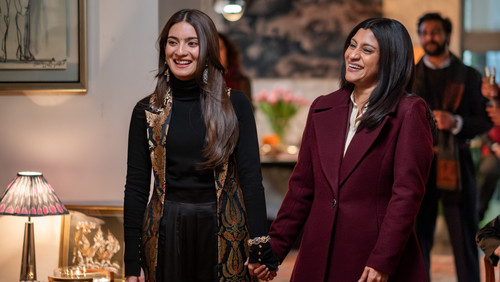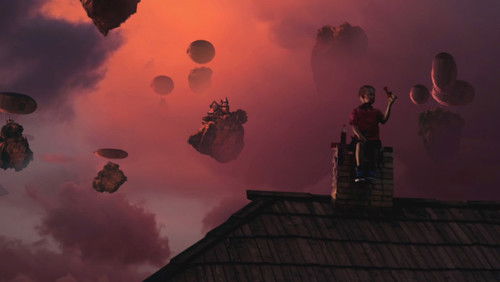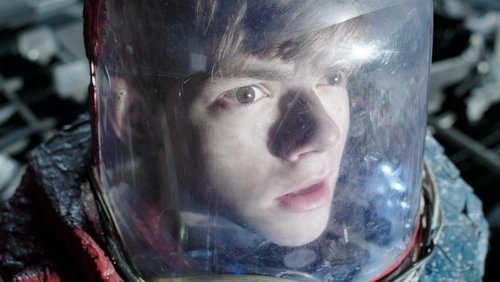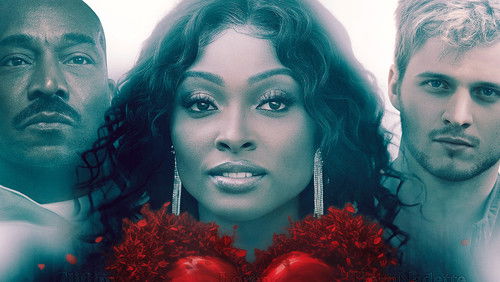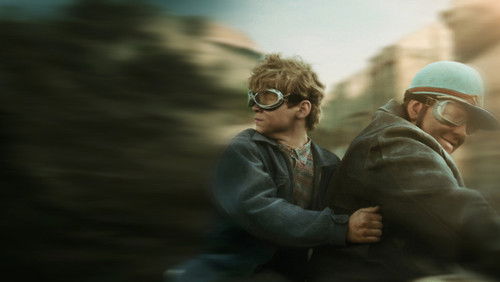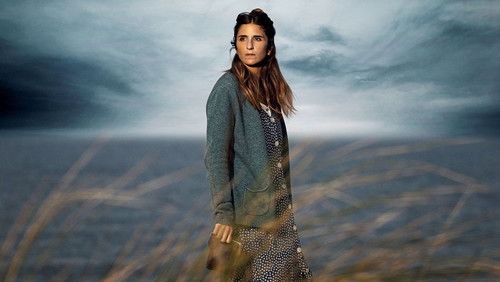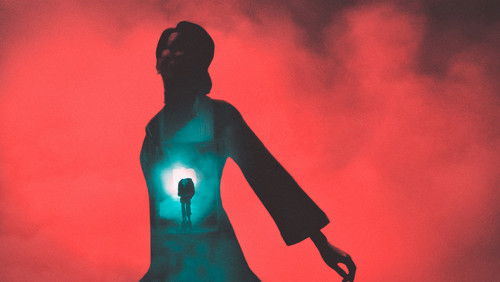Mabul (2010)
14KMabul: Directed by Guy Nattiv. With Ronit Elkabetz, Tzahi Grad, Michael Moshonov, Yoav Rotman. Everything is complicated in Yoni’s life. He’s almost 13, real gifted, but physically undeveloped and struggles daily to grow up before his threatening up-coming Bar Mitzva.
“This universal story of coming-of-age for a young man is complicated by his being of a Jewish family. Added to the usual angst and uncertainty of an identity-struggling 12 year-old is the traditional Bar Mitzvah requirement. This untimely demand (think Wedding-Planning for non- Jewish cultures) couldnu0026#39;t come at a more difficult time. Also pretty universal is Yoniu0026#39;s experience of being very intelligent, but of small stature, making him a bully-target at school. He not only wishes to be bigger and stronger, he uses his intelligence to finesse his tormentors into helping him get there via a plan to build up his body (Remember the Charles Atlas u0026quot;Donu0026#39;t-let-him-kick- sand-in-your-faceu0026quot; ads in boys magazines and comics of the 1950u0026#39;s?). So, at this challenging time in his life, his submitting to being force-fed the Hebraic Noah story by a demanding Rabbi seems totally useless to him while he struggles for empowerment in his non-nurturing family. As if this were not enough, his mentally-handicapped older brother is suddenly thrust into his familyu0026#39;s life, already at a tipping point. But at a time when all seems nearly hopeless, the tip is in an unexpected direction! Each character in the film, though for the most part more secular than religious, begins to absorb the meaning of their common Jewish heritage, that G-d can provide a way of not only coping with the burdens in life, but that faith, i.e. that something better can lie on the other side of adversity, can bring grace into lives that seem to be spiraling downward. Or, for the more secular, that there is always room to grow and emerge, even in the face of ridicule and u0026quot;unsolvableu0026quot; problems. This understanding, this hope, is touchingly and visually offered in the final scenes, without dialog or drum-beating, when we are offered an opportunity to see the biblical/mythical story of Noah and the Flood in a manner relevant to our time: that even for those religiously marginalized believers who cope without losing hope, a new way of seeing can lie ahead – now THAT is what cinematic art is all about!”
